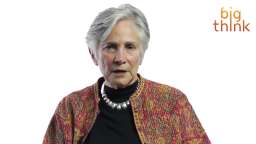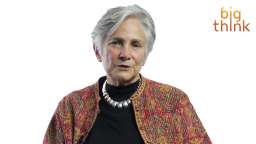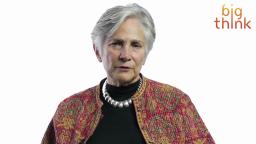Diane Ravitch
Diane Ravitch is Research Professor of Education at New York University and a historian of education. In addition, she is a nonresident senior fellow at the Brookings Institution in Washington, D.C.
She shares a blog called Bridging Differences with Deborah Meier, hosted by Education Week. She also blogs for Politico.com/arena and the Huffington Post. Her articles have appeared in many newspapers and magazines.
From 1991 to 1993, she was Assistant Secretary of Education and Counselor to Secretary of Education Lamar Alexander in the administration of President George H.W. Bush. She was responsible for the Office of Educational Research and Improvement in the U.S. Department of Education. As Assistant Secretary, she led the federal effort to promote the creation of voluntary state and national academic standards.
From 1997 to 2004, she was a member of the National Assessment Governing Board, which oversees the National Assessment of Educational Progress, the federal testing program. She was appointed by the Clinton administration’s Secretary of Education Richard Riley in 1997 and reappointed by him in 2001. From 1995 until 2005, she held the Brown Chair in Education Studies at the Brookings Institution and edited Brookings Papers on Education Policy. Before entering government service, she was Adjunct Professor of History and Education at Teachers College, Columbia University.
She is the author, most recently, of The Death and Life of the Great American School System: How Testing and Choice Are Undermining Education (2010).
In addition, she has edited fourteen books, including The American Reader (1991); The English Reader (with Michael Ravitch) [2006]; The Democracy Reader (with Abigail Thernstrom) [1992];Forgotten Heroes of American Education (with Wesley Null) [2007]; Learning from the Past (with Maris Vinovskis) [1995]; and New Schools for a New Century (with Joseph Viteritti) [1997]. She has written more than 500 articles and reviews for scholarly and popular publications.
She has lectured in Poland, the former Czechoslovakia, the Czech Republic, Romania, the former Soviet Union, Hungary, the former Yugoslavia, Germany, Japan, Nicaragua, and throughout the United States. Her lectures on democracy and civic education have been translated by the USIA into many languages, including Polish, Spanish, Lithuanian, Latvian, Russian, Belarussian, and Ukrainian. Her books have been translated into many languages, including Chinese, Arabic, Spanish, Swedish, and Japanese.
She is an honorary life trustee of the New York Public Library and a former Guggenheim Fellow. She was a member of the Koret Task Force at the Hoover Institution (Stanford University) from 1999 to 2009. She was a member of the board of the Thomas B. Fordham Foundation from 1996 to 2009.
In 1989, she advised Teachers Solidarity and the Ministry of Education in Poland. In 1991, the Polish Government awarded her a medal for her work on behalf of Solidarity.
She was elected to membership in the National Academy of Education (1979); the Society of American Historians (1984); the American Academy of Arts and Sciences (1985); and as the Eleanor Roosevelt Fellow of the American Academy of Political and Social Sciences (2002). She was selected as a Phi Beta Kappa Visiting Scholar in 1984-85, the first person chosen from the field of education studies. She was awarded the Henry Allen Moe prize in the humanities by the American Philosophical Society in 1986. In 1988, she was designated an “honorary citizen of the state of California” by the State Legislature in recognition of her contributions to the state’s history curriculum and its human rights curriculum. In 1989, she received the Wellesley College Alumnae Achievement Award. She was honored as a Literary Lion by the New York Public Library in 1992. The Library of Congress invited her to deliver lectures in 1993 in honor of the 250th birthday of Thomas Jefferson. She received the Leadership Award of the Klingenstein Institute at Teachers College in 1994 and the Horace Kidger Award of the New England History Teachers Association in 1998.
In 2004, she received the Leadership Award of the New York City Council of Supervisors and Administrators. In 2005, she received the John Dewey award from the United Federation of Teachers of New York City; the Gaudium Award of the Breukelein Institute; a





